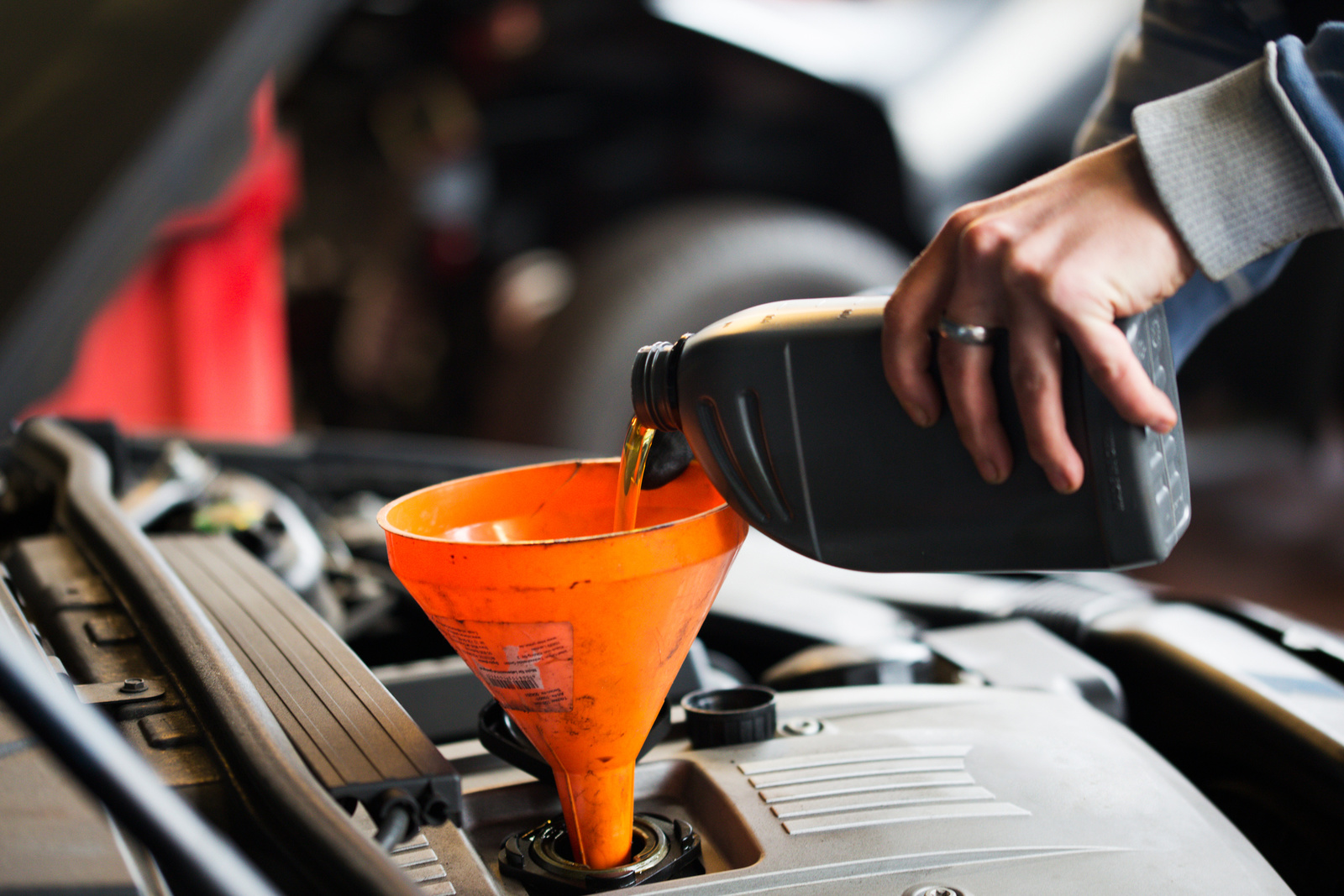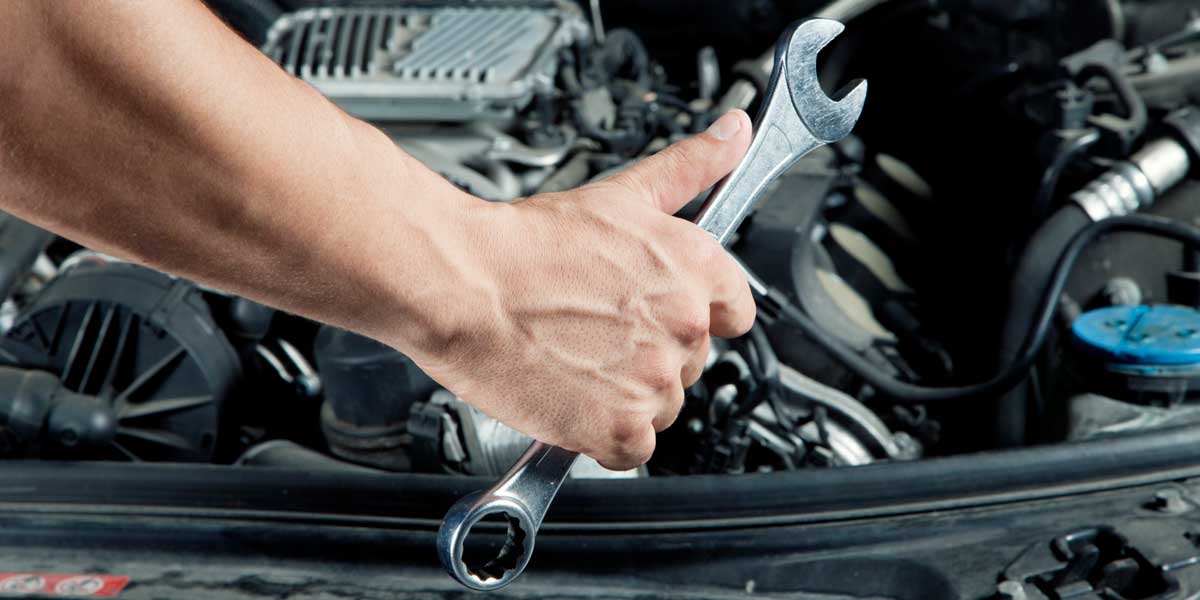All Categories
Featured
Your car's engine is among one of the most intricate systems in your automobile, and every element plays an essential function in guaranteeing it runs efficiently. Amongst these, the timing belt is among the most vital but typically overlooked parts of your engine. In charge of integrating the rotation of the crankshaft and camshaft, the timing belt guarantees the engine's valves open and close at the correct times throughout the burning procedure. If the timing belt stops working, it can result in extreme engine damage. Here's why timing belt replacement is crucial for your lorry's efficiency and longevity.
What Is a Timing Belt? The timing belt is a long, toothed rubber or composite belt that links the crankshaft to the camshaft(s) in an interior burning engine. Its job is to maintain the engine's shutoffs and pistons in sync, making certain the engine runs successfully. The timing belt likewise controls other essential engine functions like the water pump and the power steering pump, relying on the lorry.
![]()
Without the correct timing, the engine's valves and pistons can collide, leading to expensive and comprehensive damages. Therefore, changing the timing belt on time is just one of the ideal methods to ensure your engine operates at its best and stop pricey repair services.
Why Timing Belt Substitute Matters. Preventing Catastrophic Engine Damage: The most significant danger of not changing a worn timing belt is engine failing. If the timing belt breaks while the engine is running, the camshaft and crankshaft can come to be misaligned, causing the pistons and shutoffs to clash. This can cause bent valves, damaged pistons, or perhaps a ruined engine. Changing the timing belt at the suggested intervals is the most effective method to avoid such disastrous damage, saving you from the stress and high expense of engine repair work or replacement.
![]()
Keeping Engine Performance: A timing belt that's in excellent problem makes sure that all engine parts function in ideal consistency. If the timing belt is used or extended, it can trigger the engine to shed power, experience rough idling, or struggle to start. By replacing the timing belt consistently, you can keep your engine running at peak efficiency, which aids maintain ideal fuel economic climate and performance.
Avoiding Unanticipated Breakdowns: A damaged timing belt can create your engine to quit quickly, potentially leaving you stranded in the middle of a trip. By replacing your timing belt on time, you minimize the threat of unexpected failures that could leave you in a inconvenient or unsafe situation. Normal upkeep decreases the opportunities of experiencing these sort of disruptions, assisting you remain on the roadway longer without fretting about your engine stopping working.
Affordable Upkeep: Timing belt substitute is much less expensive than fixing or replacing an engine that's been damaged because of a timing belt failing. While the expense of changing the timing belt may differ depending on your vehicle and its area, it is even more inexpensive than the prices connected with major engine fixings or replacements. Replacing your timing belt at the advised periods can save you a substantial amount of cash over the future by protecting against damages to your engine.
When Should You Change Your Timing Belt? The timing belt does not last forever, and most producers suggest changing it between 60,000 and 100,000 miles. The exact timing depends on your lorry's make, model, and driving problems, so it's important to examine your proprietor's guidebook for specific assistance.
Signs that your timing belt might require interest consist of uncommon engine noises (such as a high-pitched whining or ticking audio), problem starting the engine, or a reduction in engine performance. It's vital to have the timing belt evaluated by a professional auto mechanic. if you discover any of these indicators.
![]()
Verdict. The timing belt is a small yet crucial component of your engine, and regular substitute is crucial to maintaining your lorry's efficiency and avoiding costly damage. By staying on top of timing belt upkeep, you'll guarantee your engine operates efficiently, prevent unexpected malfunctions, and protect your vehicle from major repair work. Maintain an eye on your car's advised timing belt replacement timetable, and constantly speak with a trusted mechanic to keep your engine running smoothly for several years ahead.
What Is a Timing Belt? The timing belt is a long, toothed rubber or composite belt that links the crankshaft to the camshaft(s) in an interior burning engine. Its job is to maintain the engine's shutoffs and pistons in sync, making certain the engine runs successfully. The timing belt likewise controls other essential engine functions like the water pump and the power steering pump, relying on the lorry.

Without the correct timing, the engine's valves and pistons can collide, leading to expensive and comprehensive damages. Therefore, changing the timing belt on time is just one of the ideal methods to ensure your engine operates at its best and stop pricey repair services.
Why Timing Belt Substitute Matters. Preventing Catastrophic Engine Damage: The most significant danger of not changing a worn timing belt is engine failing. If the timing belt breaks while the engine is running, the camshaft and crankshaft can come to be misaligned, causing the pistons and shutoffs to clash. This can cause bent valves, damaged pistons, or perhaps a ruined engine. Changing the timing belt at the suggested intervals is the most effective method to avoid such disastrous damage, saving you from the stress and high expense of engine repair work or replacement.

Keeping Engine Performance: A timing belt that's in excellent problem makes sure that all engine parts function in ideal consistency. If the timing belt is used or extended, it can trigger the engine to shed power, experience rough idling, or struggle to start. By replacing the timing belt consistently, you can keep your engine running at peak efficiency, which aids maintain ideal fuel economic climate and performance.
Avoiding Unanticipated Breakdowns: A damaged timing belt can create your engine to quit quickly, potentially leaving you stranded in the middle of a trip. By replacing your timing belt on time, you minimize the threat of unexpected failures that could leave you in a inconvenient or unsafe situation. Normal upkeep decreases the opportunities of experiencing these sort of disruptions, assisting you remain on the roadway longer without fretting about your engine stopping working.
Affordable Upkeep: Timing belt substitute is much less expensive than fixing or replacing an engine that's been damaged because of a timing belt failing. While the expense of changing the timing belt may differ depending on your vehicle and its area, it is even more inexpensive than the prices connected with major engine fixings or replacements. Replacing your timing belt at the advised periods can save you a substantial amount of cash over the future by protecting against damages to your engine.
When Should You Change Your Timing Belt? The timing belt does not last forever, and most producers suggest changing it between 60,000 and 100,000 miles. The exact timing depends on your lorry's make, model, and driving problems, so it's important to examine your proprietor's guidebook for specific assistance.
Signs that your timing belt might require interest consist of uncommon engine noises (such as a high-pitched whining or ticking audio), problem starting the engine, or a reduction in engine performance. It's vital to have the timing belt evaluated by a professional auto mechanic. if you discover any of these indicators.

Verdict. The timing belt is a small yet crucial component of your engine, and regular substitute is crucial to maintaining your lorry's efficiency and avoiding costly damage. By staying on top of timing belt upkeep, you'll guarantee your engine operates efficiently, prevent unexpected malfunctions, and protect your vehicle from major repair work. Maintain an eye on your car's advised timing belt replacement timetable, and constantly speak with a trusted mechanic to keep your engine running smoothly for several years ahead.
Latest Posts
Taste Excellence with Riverside’s Premier Catering in Riverside.
Published Dec 28, 24
1 min read
Why Flat Roofs Are the Perfect Choice for Your Commercial Building
Published Dec 28, 24
3 min read
Leading Tips for a Functional and Lovely Guest Shower Room
Published Dec 28, 24
1 min read
More
Latest Posts
Taste Excellence with Riverside’s Premier Catering in Riverside.
Published Dec 28, 24
1 min read
Why Flat Roofs Are the Perfect Choice for Your Commercial Building
Published Dec 28, 24
3 min read
Leading Tips for a Functional and Lovely Guest Shower Room
Published Dec 28, 24
1 min read